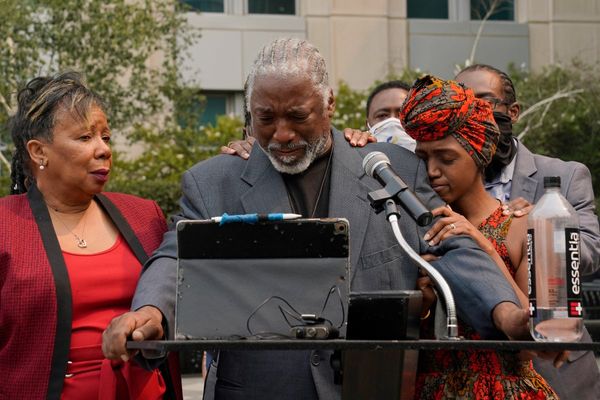
In a recent legal filing, former President Donald Trump's defense team accused special counsel Jack Smith and federal prosecutors of partisan election interference by withholding evidence that could be beneficial to Trump's case. The prosecutors, on the other hand, argue that Trump mishandled sensitive and classified documents, illegally removing them from the White House and storing them in unconventional locations such as a ballroom and a bathroom at Mar-a-Lago. Additionally, they claim that Trump defied subpoenas demanding the turnover of these records.
Trump's defense team is requesting a significant amount of documents in an effort to build their case. They aim to find evidence of political coordination or communication not only within the Justice Department but across various government agencies, including the intelligence community, the White House Counsel's Office, the Biden administration, the National Security Council, and even the Department of Transportation. This extensive request for documents is unprecedented, as even previous high-profile cases like Scooter Libby's did not involve such a wide-ranging demand.
However, whether the judge will grant Trump's request remains uncertain and will depend on the arguments put forth by the special counsel's office. The defense team's request raises significant legal and logistical questions, considering the vast scope of the document search involving multiple government entities.
Apart from this ongoing legal battle, there are other cases involving Trump at different stages of development. One crucial case to watch is the January 6th federal criminal case, currently awaiting a decision from three judges on the D.C. Circuit Court of Appeals. The judges' individual opinions and votes will determine the future of this case, including the issue of presidential immunity and when Trump's case will proceed to trial.
Furthermore, lawsuits related to the 14th Amendment are also garnering attention. Some states, such as Illinois and Massachusetts, are discussing whether Trump should be allowed on the ballot. Additionally, a court in Maine is expected to make a decision regarding the appeals process. However, the ultimate outcome of these 14th Amendment cases will likely be determined by the Supreme Court, with oral arguments scheduled for February 8th.
In addition to these ongoing legal battles, other lawsuits against Trump are progressing. The New York Attorney General's civil fraud trial and E.J. Carroll's defamation lawsuit are both awaiting decisions that could have significant financial implications for Trump and his businesses. Meanwhile, the January 6th lawsuits are still in progress, with individuals suing Trump and others striving to obtain records similar to those sought by congressional committees and criminal prosecutors.
As these legal cases continue to develop, the implications for Trump's presidency, personal reputation, and financial interests remain significant. The resolutions reached in each case will shape the legal landscape surrounding these issues and may potentially set important precedents.







